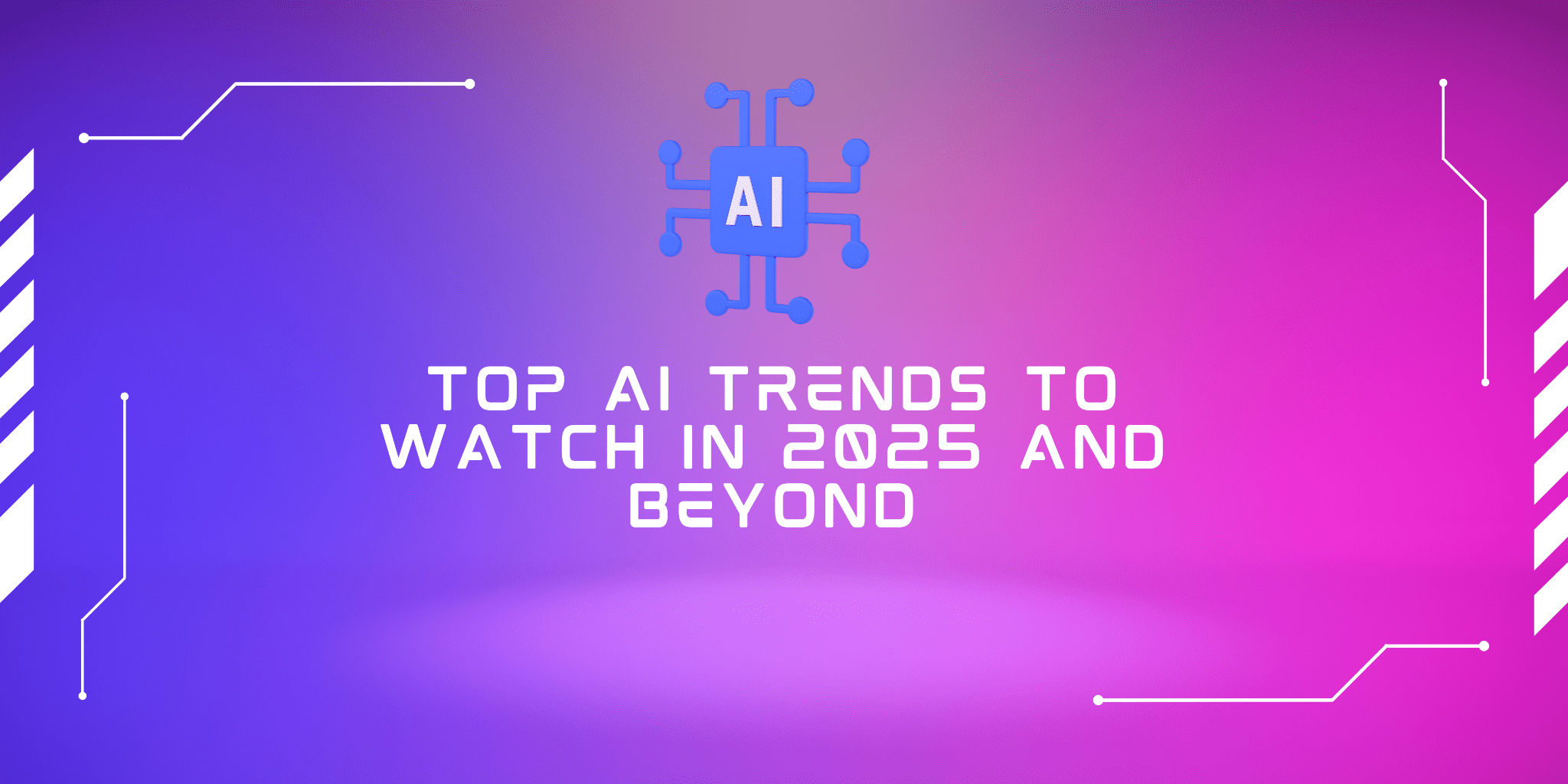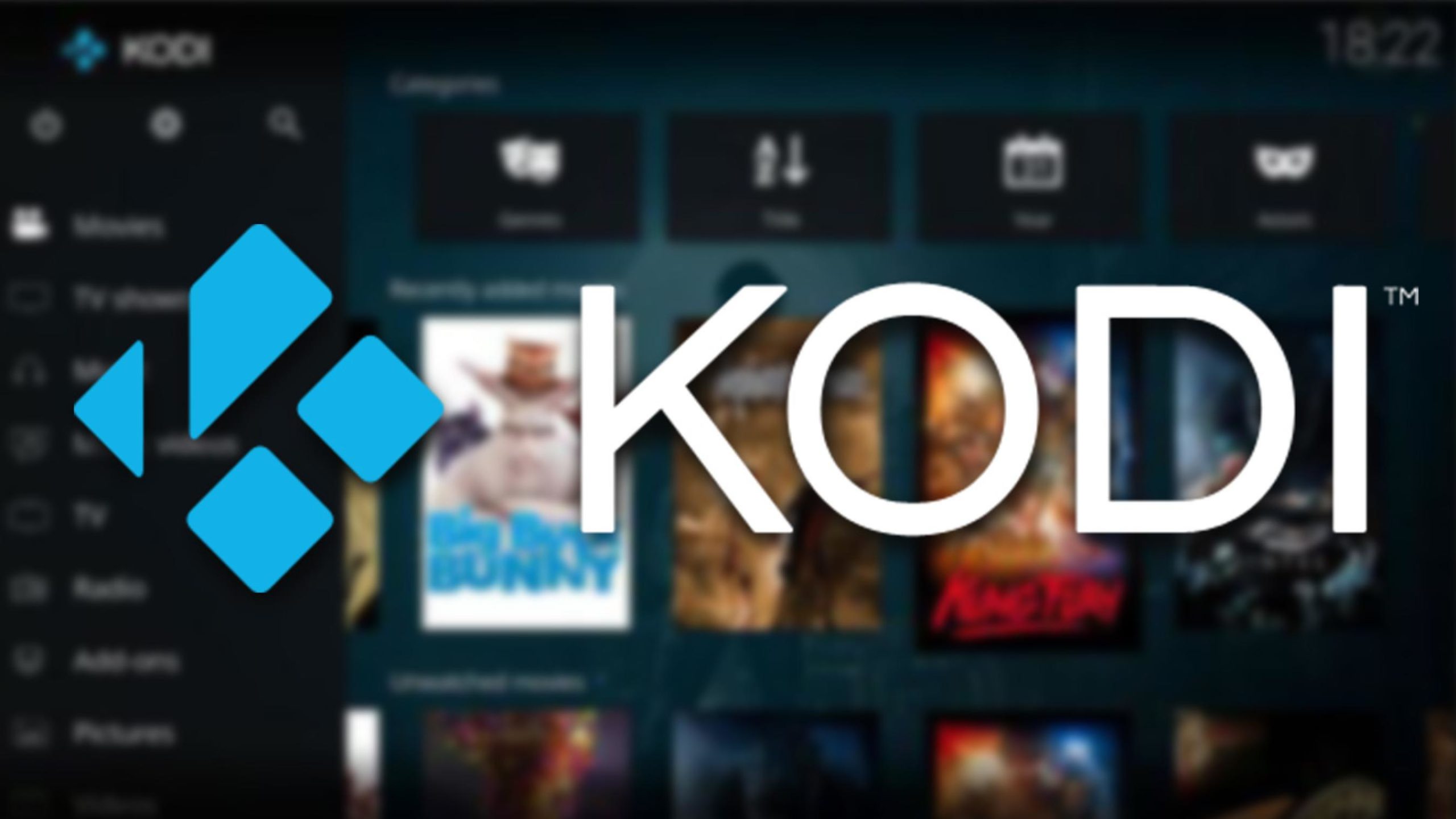
AI seems to be a driving force in 2025, creating a great revolution across industries. Starting from automation & AI chatbots, AI is evolving into something more strategic and a great creative collaborator. AI has already been transforming from a theoretical concept to a practical one, transforming many industries with its true potential. As per Statista, the AI marketplace is growing a lot, advancing to around $244 billion in 2025 and projected to grow beyond $800 million by 2030.
In business, AI is more than automation; it is the next wave for business innovation, redefining business models, optimizing operations, and staying ahead in the competition with evolving customer interactions. There are various AI trends that you need to watch for that are really creating some magic in this highly dynamic world.
Let’s explore the top 5 AI trends in 2025 that are quite popular and setting a new prospect.
Best 5 AI Trends 2025
AI is no longer just improving the technology but entirely shaping entire industries, starting from automation to personalization. There are some of the most popular and trending AI trends in 2025 and beyond that can create some endless possibilities and new opportunities.
Let’s explore.
AI Automation
AI has just evolved from handling tasks to automation for complex workflows. With the use of ML (Machine Learning), deep learning, computer vision & natural language processing, the AI automation system in business helps to streamline operations, minimize manual interventions, and also enhance scalability across different fields like finance, logistics, healthcare, Software development, and many more.
Nowadays, the market is able to intensify, and businesses today are evolving rapidly with the aspects of integration and AI. As per reports, 20% of business leaders are highly focused on automation investing that involves invoicing and contract validation. As per the IBM report, 40% of sales & marketing are also showing interest in AI in investments, and 80% of executives expect the retail segment to invest in AI-driven automation by 2027. And the industrial automation is projected to have a growth of about $289 billion by 2028, which indicates the on-demand scenario for AI in automation across various industries.
In 2025, AI Agents are setting a standard for AI Automation in business operations by automating complicated business processes with the help of predictive analytics, optimized supply chain management, and strategic cum informed decision-making conditions. As per McKinsey reports, it has been determined that automation can reduce operational costs by 30%, making it a game-changer for businesses. Industries like e-commerce also benefit from the role of AI & machine learning, which helps brands personalize experiences and enhance their backend.
For example, the popular carmaker Volkswagen has already implemented AI agents for automation to streamline its manufacturing processes. They have deployed cloud-based software, intelligent robots, and all other AI machinery to be deployed in their operations.
Hyper-Personalized Experiences
AI now enables businesses to move beyond normal customer segmentation to a personalized experience. Assessing real-time data and customer behavior, it is now possible to offer some unique content and services aligned with the customer’s perspective. Some of the key aspects of hyper-personalization are data-driven mechanisms, machine learning algorithms, and enhanced customer engagement. Going in-depth with greater impact than the traditional system, AI-integrated hyperpersonalization consists of suggesting products based on the purchase history.
For example, Netflix and Spotify use AI to offer personalized content aligned with the users’ needs for a better engagement rate and experience. With the aspect of AI-enabled recommendation systems, there are great suggestions for content as per user preferences, views, and listening habits, thus making a seamless experience. As per a McKinsey study, it has been reported that 71% of users want companies to deliver personalized and tailored content for a better experience.
Generative AI Capabilities
Generative AI seems to be the most trending and the most demanding thing right now in 2025. Whether it is the generation of new texts, images, music, or videos, it has all such potential to offer some incredible results. With this, AI has become a creative and versatile co-pilot tool for everyone.
With multimodal generation, AI systems can now combine all things to provide contextual and insightful content that is quite impressive. Generative AI is a subset that offers new content rather than only processing existing data, thus creating a next wave of innovation.
The potential of this AI drives innovation and efficiency, which tends to create rapid growth and adoption across different industries. Being a subset of AI, Generative AI has various applications, starting from code generation, language translations, medical image analysis, and whatnot. Due to the new advancement of AI, Generative AI is the most promising one that streamlines workflow and makes it more efficient.
For example, GitHub Copilot, which is established by OpenAI, brings a great application of generative AI in 2025 with code assistance that is able to write, suggest, and also correct it when required. Integrated directly with the developer’s IDE (Integrated Development Environment), there is an increase in developers’ productivity by 50%, and it also helps in MVP development.
AI-Powered Cybersecurity
AI is changing the space of cybersecurity with the aspect of AI-driven security solutions. As a result, there is protection of the sensitive information for the business, making it more secure. It can detect threats and respond to cyberattacks in real time, and with the increase in threats, AI has become a great solution for protecting the ecosystem. The three foundations of AI-enabled cybersecurity are anomaly detection systems, data breach predictions, and real-time auto responses in relation to the threat concerns.
In AI-powered cybersecurity systems, encryption plays a major role in securing sensitive data, making them more resilient against attacks. With the adoption of Google security, data security, and AI data security approaches, organizations can now have robust and proper data protection in the increasingly digital world. AI-driven cloud solutions will become more developed in 2025 that offering automated cloud threat detection systems, adaptive accessibility, security auditing, and much more, securing the cloud environment for many businesses.
For example, Microsoft uses AI in its security defender system to detect, analyze, and respond to threats occurring in your system. Particularly in Defender for Endpoint and Cloud, it utilizes AI for protection. This includes AI-enabled path analysis and threat protection of AI-driven services. Microsoft Extended Detection & Response (XDR) is able to create a unified security operations platform that improves threat detection and enables adaptive AI protection.
AI-Driven Sustainability
This particular trend is growing, one where AI has been implied to address environmental & social challenges, offering sustainable development approaches for a better ecosystem. The ability to assess larger amounts of data, optimize workflows, and automate tasks to leverage the sustainability impact fosters a more developed future.
With sustainability insights from AI systems, there are more energy optimizations, waste management, prediction of environmental risks, and also good maintenance of infrastructure. Also, in terms of smart grid systems and sustainable supply chain management, AI systems help organizations to maintain great sustainability with the ESG Goals (Environmental, Social, and Governance).
For example, Microsoft is building more efficient AI infrastructure and investing in low-carbon materials to maintain sustainability. Materials like near-zero carbon steel, concrete alternatives, and also cross-laminated substances thus establish a sustainable nature. Microsoft has been making a strategy for creating a full, sustainable ecosystem with its long-term investment. Their vision of these sustainable approaches is to achieve them by 2030 and is quite impressive with the aspect of the AI-driven sustainability process.
Final Thoughts
Starting from generative AI potentiality to autonomous security, these top 5 AI trends of 2025 aren’t just predictions anymore; they are strategies that are driving the real-world impact across different industries. The businesses are embracing AI-powered automation, hyperpersonalization, cybersecurity, sustainability & customer support at great potential.
Whether you are just starting out with something in business or thinking of integrating AI, having the right AI development services is very important and tends to bring success, opening up new possibilities. These AI trends can help your innovations turn into real-world success.








